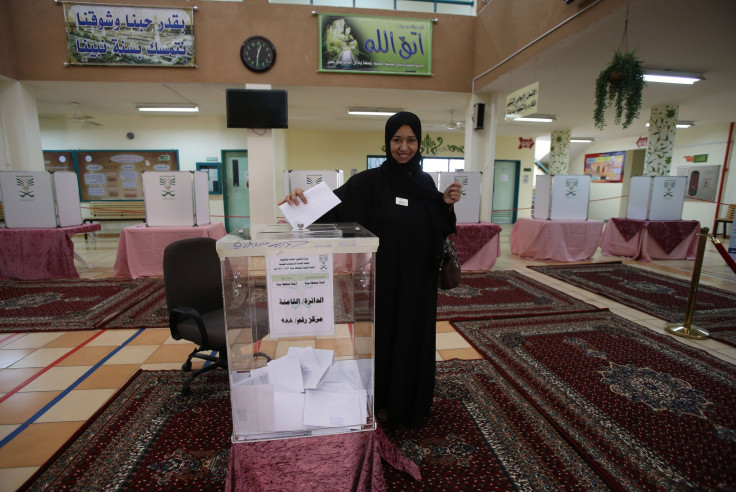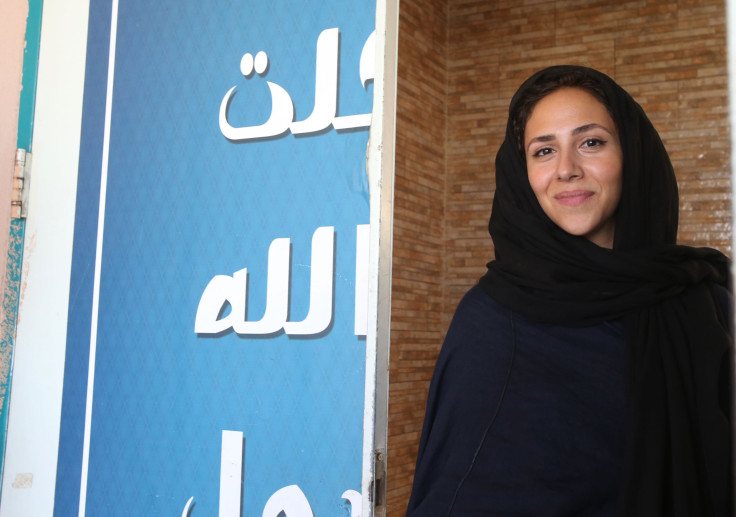Saudi Arabia Elections: Woman Wins Municipal Council Seat In Landmark Polls

Following a landmark election in Saudi Arabia where women were allowed to contest and vote for the first time, a Saudi woman won a seat on Mecca's municipal council, the country's election council announced Sunday.
The woman, named Salma bint Hizab al-Oteibi, was elected to the council of Madrakah, a region in the holy city of Mecca, the state-run Saudi Press Agency (SPA) reported. She was running against seven men and two women, the report added.
According to reports, women accounted for less than 10 percent of registered voters in the elections held Saturday as female voters overcame obstacles ranging from bureaucratic hurdles to lack of transport in the ultra-conservative monarchy. The country -- last in the world to open ballots to women – still bans women from driving.
Over 900 women contested against about 6,000 men for 284 council seats in the local elections. However, women contestants were not allowed to directly meet male voters during their election campaign, Al Jazeera reported. Women candidates reportedly campaigned from behind partitions, relying on projectors and microphones, or through male supporters and relatives representing for them, local media reports said.

While the election is not seen as to immediately advance the status of women in Saudi Arabia -- polling booths were segregated Saturday -- the country's women have welcomed the decision. The municipal council is the only government body in which Saudi citizens can elect their representatives.
"The participation of the Saudi women in the municipal elections as voters and candidates was a dream for us," Jamal Al-Saadi -- one of the country’s first registered female voters told the Saudi Gazette newspaper. "The move will enable Saudi women to have a say in the process of the decision-making."
The election comes four years after late King Abdullah bin Abdulaziz Al Saud decided in September 2011 to grant females the right to vote and compete in elections.
"We refuse to marginalize women in society in all roles that comply with Shariah," King Abdullah said at the time, referring to Islamic law.
However, many Saudi women activists reportedly maintain that more important than the right to vote is that Saudi Arabia should ease its strict guardianship laws, under which women cannot obtain a passport, work in government, travel abroad or enter university without the permission of a male guardian, usually a father or a husband.
© Copyright IBTimes 2024. All rights reserved.





















